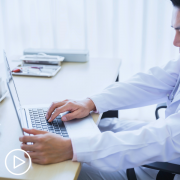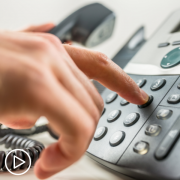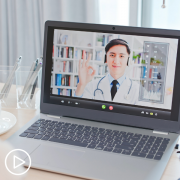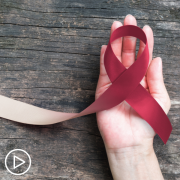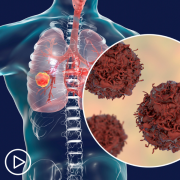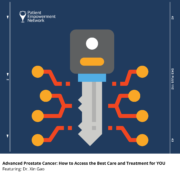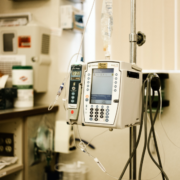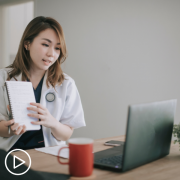Is Telemedicine a Mainstay for Head and Neck Cancer Patients?
Is Telemedicine a Mainstay for Head and Neck Cancer Patients? from Patient Empowerment Network on Vimeo.
Will head and neck cancer care continue with telemedicine in the future? Watch as expert Dr. Samantha Tam from Henry Ford Health System shares her perspective on her expectations for the use of telemedicine versus in-person visits with head and neck cancer patients.
See More From The Head & Neck Cancer TelemEDucation Empowerment Resource Center
Related Resources:
Transcript:
Samantha Tam, MD, FRCSC, MPH:
So while COVID-19 has forced us into utilizing telemedicine in context that we might not nearly have used them in the past, I think that telemedicine is here to stay, though perhaps not as wide spreading universal as it has been at the beginning of the pandemic. Telemedicine to me, seems to be a very good adjunct to our in-person visits, I think seeing patients and evaluating them in-person is essential in head and neck cancer throughout the treatment course. That being said, I think that telemedicine really adds a value into patient’s care, there are several ways that we have used this at Henry Ford in order to enhance access to our services, one is with patient intake, when we have some information, we can certainly start to…we can meet with you, get a good clinical history and understand exactly what is going on, and therefore expedite investigations that are required, and then condense our visits to just one in-person visit versus multiple in-person visits. Another way that I have used this is checking in with patients while they’re in the middle of treatment, sometimes patients are getting daily radiation, not close to my office, but I like to check on them to make sure from a symptom standpoint that they’re tolerating their treatment well.
And certainly coming down for a visit would be impossible, so checking in with them virtually has been a good way to monitor treatment side effects and to ensure everything is going smoothly from that standpoint. With surveillance, there have been also options that way to check in with patients that are more on the survivorship end of things to see how things are going that way though, I often do like to see patients in follow up in-person just so that we can also complete an endoscopic examination as clinically indicated.

